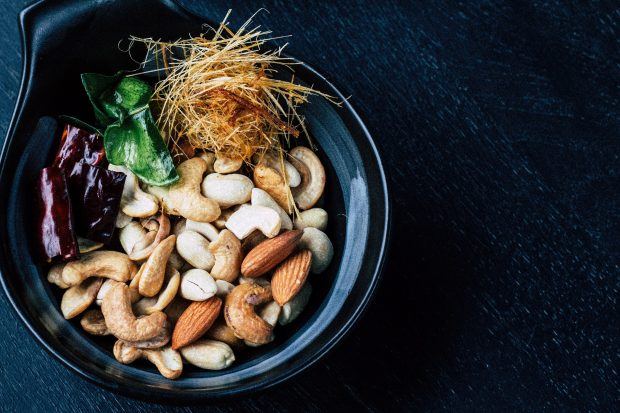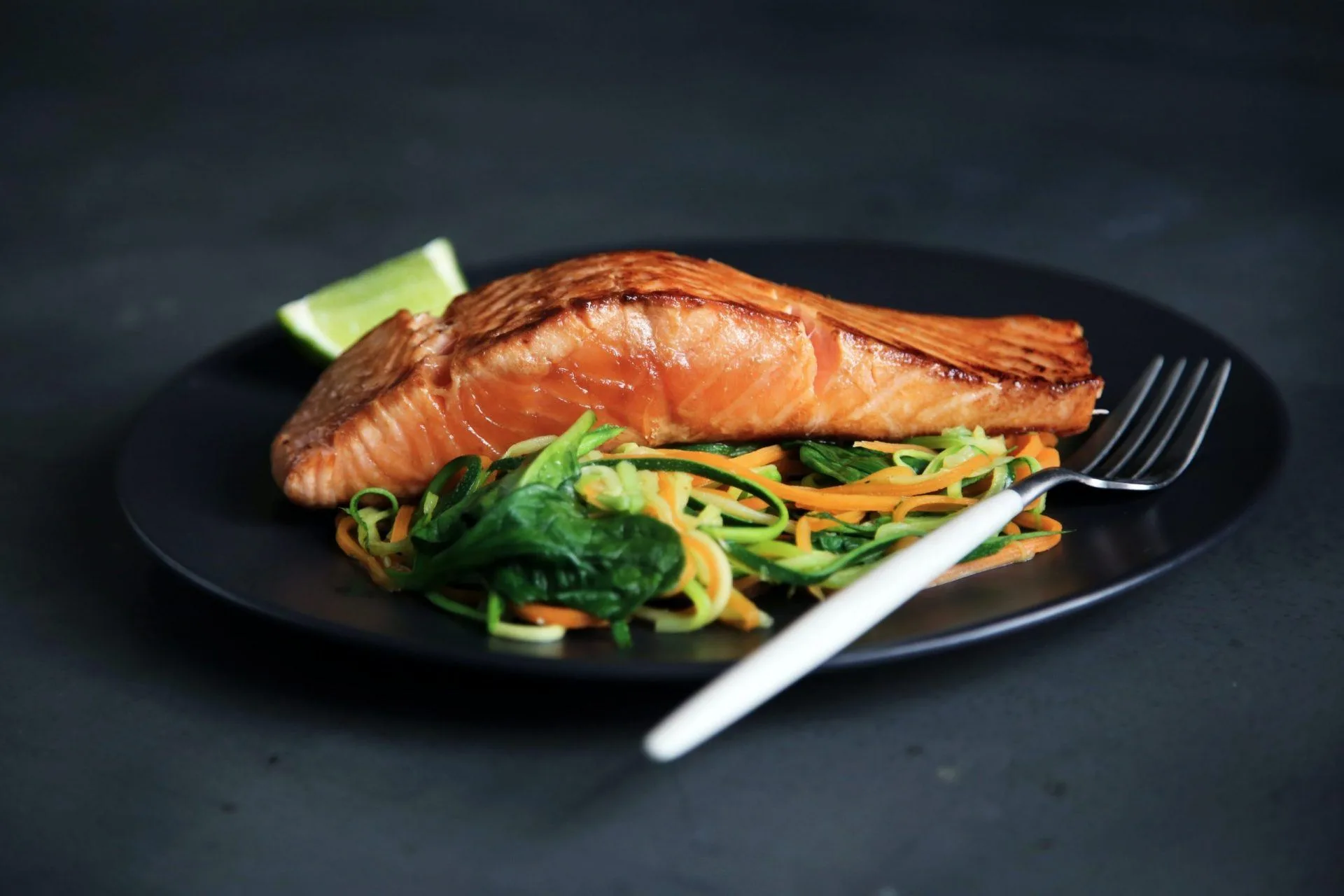Nowadays, bipolar disorder is a well-known mental disease that impacts one’s mood. It varies from one extreme to another: it’s either the mania or depression state. Earlier, people thought that the condition of a patient with a mental disorder depends fully on brain activity. However, a discovery has been made, and it came up that a proper nutritional diet might serve as stabilizing therapy. Although food can’t heal you, building adequate supply habits can potentially change your overall state for the better and help you deal with manic or depressive episodes. Longevity Live Paid Content.
What Is Bipolar Disorder?
Mental illness is considered a complex disease that comes unexpectedly. Bipolar disorders have two conditions: mania and depression. The first one comes in the form of energy overabundance, meaning a person experiences a major breach of thinking and degradation of social perception. On the other hand, dispersion might be replaced with superfluous energy or extreme exaltation.
Mental health issues impact each aspect of life, such as sleep, behavior, rational thinking, the amount of energy, etc. The phases of bipolar disorder change rapidly. Sometimes the symptoms are severe and obvious. The next time they are mild and almost unnoticeable. The approximate term of the episode is seven days, but don’t rely on these figures because they tend to change.
Nowadays, there are many resources one can use to find a comprehensive analysis of the issue in question. You can familiarize yourself with articles in leading medical publications or apply to a college essay on bipolar disorder written by experts in the field to learn more about the topic. Or there is an option of ordering an academic paper that will explore the matter and its peculiarities in depth.
Foods that may help with bipolar disorder
The proper eating diet transforms the functioning of the body and can change the whole well-being. Therefore, it’s important to do in-depth research, learning what foods are good to consume and what should be avoided. Mainly, remember that substances that cause addiction are highly prohibited, so try to get rid of sugar, caffeine, fast food, and alcohol. Put all the effort into concentrating on nutritional products and how they help your state of mind.
Omega-3 fatty acids
Facilitating the signals between brain cells is crucial for omega-3 fatty acids. Together with EP and DH Acids, they’re boosting your body with healthy energy and stable perception. The development of its impact on mental diseases is still in progress, but some research has already shown the positive influence of acid. It helps to bear with depression and softens its symptoms. Yet, it has almost nothing to do with the maniac phase. Still, omega-3 is worth to be added to your diet list. You can start by including fish, eggs, flaxseeds, and their oil into your ration.
Fiber
If you were looking for the answer to why whole grains and veggies are so important for an everyday meal, here is the answer. Various types of cereals contain plenty of valuable vitamins for your heart and alimentary system. They also increase the level of serotonin in the brain, which feels like a relief – it helps to ease the struggles of anxiety and provides you with stability. You might also notice the changes in your self-esteem and an optimistic attitude. To implement fiber into eating habits, people with bipolar disorder are supposed to include oatmeal, quinoa, broccoli, and other fruits and vegetables in their diet.
Nuts
Mania episodes might be severe, so if there is anything that can help, patients should stick to it. For instance, nuts are a good option due to magnesium saturation. Cashews, almonds, and peanuts help manage the excessive impulses of the nervous system. Also, they keep the stress level in check by regulating the cortisol level. The broad survey confirmed that more than half of the population lack magnesium in their foods. Having a complex disorder, you need to implement a daily norm of magnesium in your ration: max 420 mg for males and 320 mg for females.

Photo by Mgg Vitchakorn on Unsplash
Probiotics
Probiotics matter a lot, while not even considered an actual meal. The bacteria is so powerful that it improves the immune system and prevents patients from inflammation when mentally ill people are more inclined towards it. Scientists have made a wide range of developments and are still working on that, but the positive use of probiotics is defined. It helps to release norepinephrine, which is a stress hormone, and greatly controls the emotional condition. Yogurt, miso, kefir, sauerkraut, and tempeh are filled with bacteria, so they should be added to the ration.
Dark chocolate
Many understand the impact of dark chocolate on our brains since childhood. As kids, we tend to give preference to the sweet bar rather than a healthier one. However, dark chocolate sustains the nervous system and helps as some kind of pacifier. Eating just a small piece of it daily helps to reduce stress levels. Moreover, it has no sugar, meaning it won’t worsen the bipolar condition.
Conclusion
Mental disorders are seriously discussed by medical members all over the globe. There are plenty of research and developments that have been made with the purpose of finding a cure. Although it’s not possible to heal from bipolar disorder, patients can ease their state by implementing a proper nutrition diet.
There are a variety of foods that might improve your self-esteem, stabilize your perception, and better control your emotional background. Consider the importance of probiotics and omega-3 acids, including fiber products, nuts, and dark chocolate to the ratio. With proper eating habits, you’ll notice the change shortly after the beginning of the new diet.
Who is the author?

Karen McLaurin
Karen McLaurin currently works as a lecturer and writes academic essays. She writes excellent research papers and student essays. She enjoys researching many sources and trying to find the most useful content. Furthermore, she has been successful in these endeavors.





![women [longevity live]](https://longevitylive.com/wp-content/uploads/2020/01/photo-of-women-walking-down-the-street-1116984-100x100.jpg)










